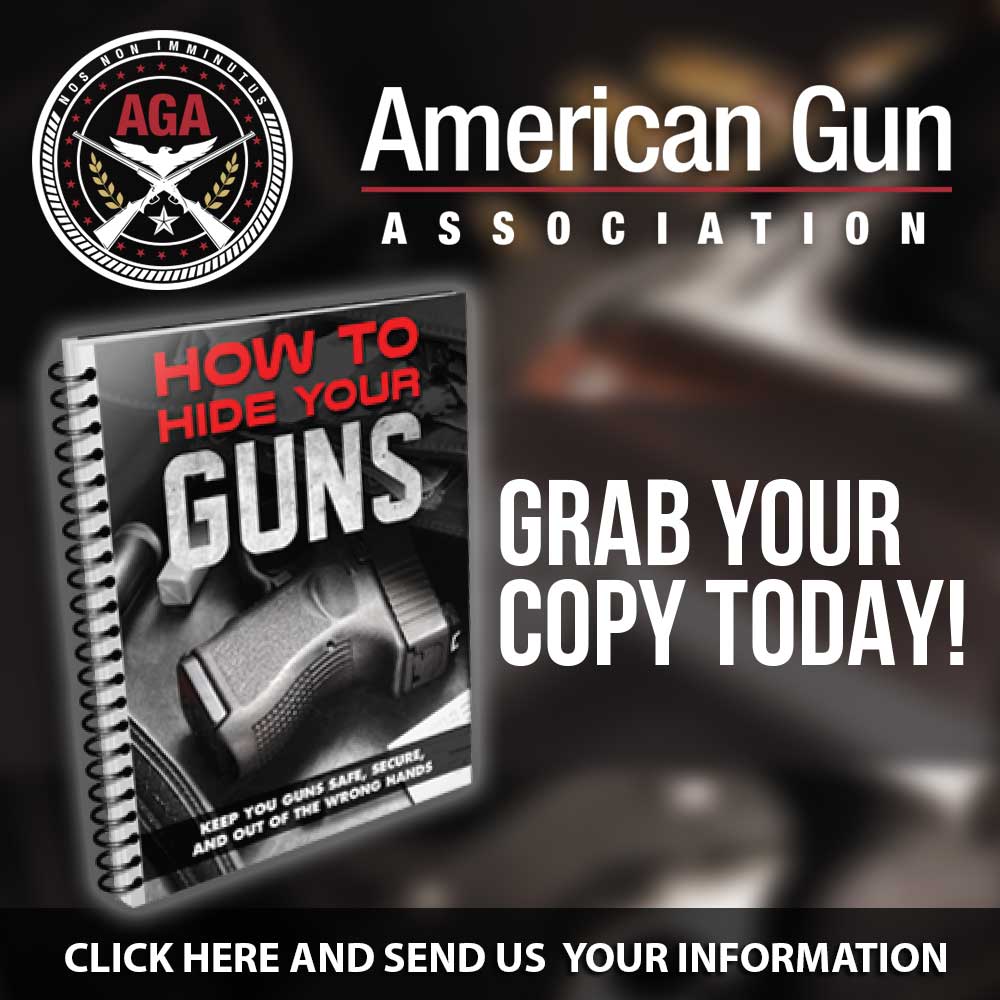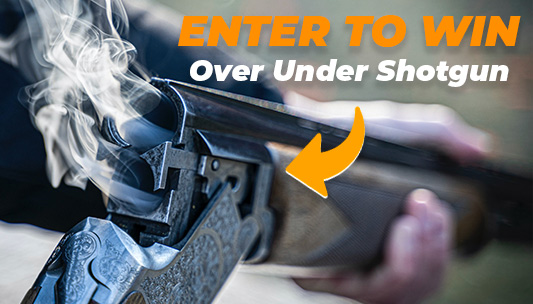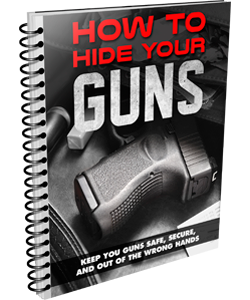In the gun world, there are two terms that are often used interchangeably – silencer and suppressor. Those who don't know will think they're different things, but they're not. Learn more about the explanation behind silencer vs suppressor below!
RELATED: Are Silencers Legal? 7 Facts About Silencers
Silencer vs Suppressor | Is There A Winner?
Should You Get a Suppressor Or Silencer For Your Firearm?

You can find all kinds of attachments and accessories for your favorite firearms. Some of the most popular are suppressors and silencers.
But many folks express some confusion when it seems that products called either term seemed to do the same thing.
Is there a real difference between suppressors and silencers? Not really. In fact, they’re functionally identical. But let’s break down why you hear two terms instead of one.
They're the Same Thing

The confusion began decades ago when Hiram Percy Maxim (the inventor of the suppressor) called it the “Maxim Silencer” because he thought it would be a more marketable term and excite his customer base.
Indeed, the “silencer” caught on both with firearm enthusiasts and Hollywood action movies.
The name silencer partly led to the public misunderstanding of the function of the attachment.
Even today, lots of people think that silencers can magically make a gun go completely silent whenever it fires a round.
In truth, any experienced firearm user will tell you that silencers aren't truly silent.
In fact, no gun can ever escape making some noise when firing a projectile.
This eventually led to a more technical definition of the barrel-mounted attachment: the suppressor.
A suppressor is the exact same type of invention as the classic silencer in that it lowers the amount of noise a gun makes when firing a round.
But it’s a more technically correct name for the attachment since it only suppresses the sound instead of totally silencing it.
RELATED: How Do Suppressors Work?
Legal Definitions

Although suppressor is the more technically correct name for these common attachments, silencer had already caught on as a term when gun laws were being updated to reflect government decisions about the attachments.
That’s why you can find the term “silencer” in state and federal gun regulations across the country, plus on ATF forms you may need to fill out.
Still, don’t think that the government doesn’t understand that a suppressor does the same thing as a silencer.
You’ll still need to register any attachment with the word “suppressor” on the box.
Types of Suppressors

Things are a little more complicated when you consider the attachments called “flash suppressors.”
These are now also called flash hiders, but flash suppressors are still on the market and do exactly what you would expect — they suppress the flash from a firearm.
This does mean that a suppressor is technically any firearm attachment that suppresses one or more reactions from pulling the trigger.
However, everyday use of the term suppressor usually refers to the gunshot-noise-suppressing version instead of the flash hider version.
If you're ever in a conversation and have to discuss both of these attachment types, it might be appropriate to switch to a silencer for the audio-focused attachment so you can use a suppressor for the flash hider, or vice versa.
Silencer vs Suppressor: It's Really Up to You

So is there one term or the other that you should or need to use? Not really.
You can use either of the two terms you desire, although you might want to tailor your terminology depending on your crowd.
For instance, many military personnel or true firearm enthusiasts will prefer the term suppressor, since it more accurately reflects the function of the attachment and teams more legitimate in their eyes.
Casual hunters or shooting range visitors will often call the attachments by their Hollywood-style moniker, silencer, to the general derision of their more knowledgeable friends and family.
Watch this video from Baby Face P to hear what a silencer sounds like:
Ultimately, it’s up to you which of the two terms you want to use. Just remember that there’s no difference in functionality, efficiency, or sound suppression between the two.
Which term do you prefer using and why? We'd love to hear from you in the comments section!
Up Next:
- The Coolest Gun Facts And Features You Should Know
- AR-15 Suppressors: Do You Need One?
- DIY Threading Barrels For Muzzle Brakes And Suppressors
Follow us on Facebook, Instagram, Twitter, and Pinterest!
Disclaimer: All content on this site is for informational purposes only. Please read our full disclaimer here.
Editor’s Note: This post was originally published on July 14, 2020, and has been updated for quality and relevancy.





YES THERE THE SAME ONES JUST AS QUIET AS THE OTHER!!?
I like suppressor as it is a more accurate description.